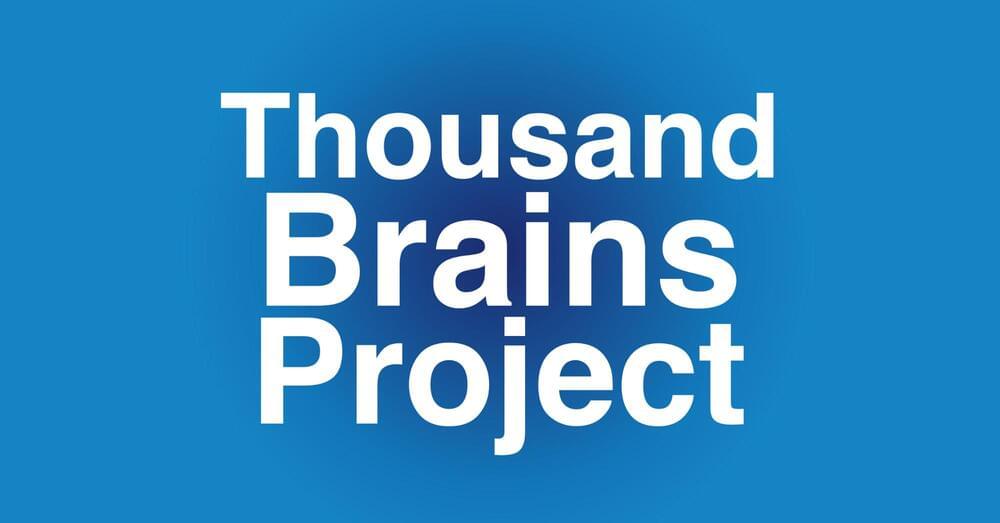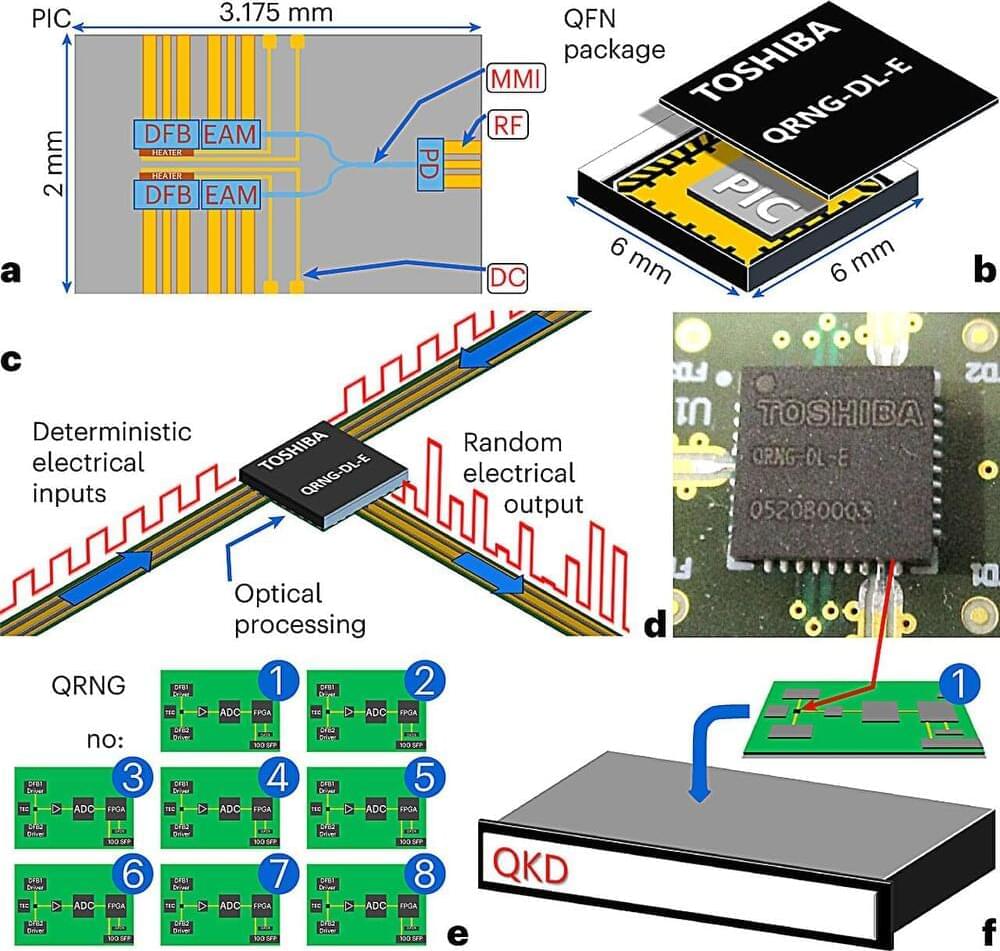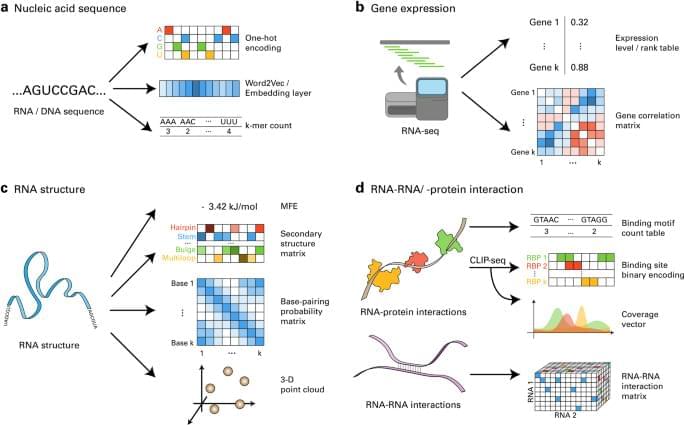👉 Researchers at the Shanghai Artificial Intelligence Laboratory are combining the Monte Carlo Tree Search (MCTS) algorithm with large language models to improve its ability to solve complex mathematical problems.
Integrating the Monte Carlo Tree Search (MCTS) algorithm into large language models could significantly enhance their ability to solve complex mathematical problems. Initial experiments show promising results.
While large language models like GPT-4 have made remarkable progress in language processing, they still struggle with tasks requiring strategic and logical thinking. Particularly in mathematics, the models tend to produce plausible-sounding but factually incorrect answers.
In a new paper, researchers from the Shanghai Artificial Intelligence Laboratory propose combining language models with the Monte Carlo Tree Search (MCTS) algorithm. MCTS is a decision-making tool used in artificial intelligence for scenarios that require strategic planning, such as games and complex problem-solving. One of the most well-known applications is AlphaGo and its successor systems like AlphaZero, which have consistently beaten humans in board games. The combination of language models and MCTS has long been considered promising and is being studied by many labs — likely including OpenAI with Q*.






